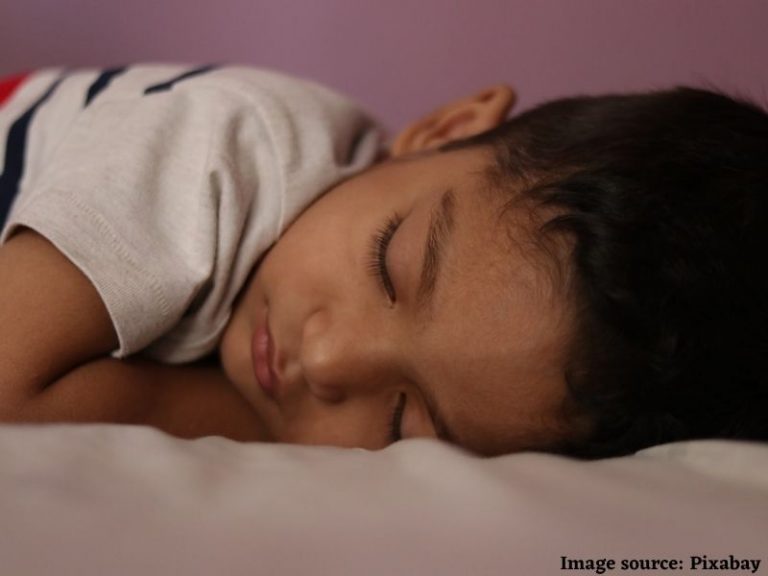No products in the cart.
Coping with child bedwetting

 – Sue Atkins is a UK-based internationally recognised parenting expert, broadcaster, speaker and author of Parenting Made Easy — How to Raise Happy Children (2012)
– Sue Atkins is a UK-based internationally recognised parenting expert, broadcaster, speaker and author of Parenting Made Easy — How to Raise Happy Children (2012)
My son is 11 years old and still wets his bed during night time. I ensure that he goes to the toilet before he sleeps and have also made him decrease his water intake after 6 p.m. Is this a psychological problem?
— Ajith Kumar, Chennai
Coping with bedwetting can be exhausting, frustrating and difficult for parents and children. In some cases, a child’s bladder is not physically developed enough to store urine for an entire night. In others, a child has not yet developed the ability to recognise when her bladder is full, wake up, and get to the toilet in time. And some children are deep sleepers. Here are some dos and don’ts to cope with bedwetting:
Do
• Encourage your child to drink water through the day
• Ensure your son goes to the toilet regularly, around four-seven times a day, including just before bedtime
• Mutually agree on rewards for positive action, such as stars for every time he uses the toilet before bedtime
• Use waterproof covers on the mattress and duvet
• Ensure he has easy and safe access to a toilet at night; keep a night light on if requested.
Don’t
• Don’t punish your child for bedwetting
• Avoid drinks containing caffeine, colas, tea and coffee
• Don’t wake your child during the night to use the toilet
Bedwetting aka enuresis is a treatable medical condition. Don’t humiliate, blame or damage your child’s self-esteem. You can manage and stop bedwetting with patience, kindness and love. Children eventually grow out of it.
Over the past few months since closure of schools, I have noticed that my son is losing interest in academics. He doesn’t pay attention during online classes nor does he self-study. He is in class X and has to write the board exams soon. Why is he demotivated?
— Reijo Jay, Bengaluru
The almost nine-month schools closure and switch to online learning is an unprecedentedly challenging time for children world over. Here are seven practical tips to enable your child to improve concentration and focus:
• Determine what type of learning activities work best for your son.
• Encourage regular study breaks.
• Reduce distractions.
• Adjust your working schedule to support him in his studies.
• Provide immediate positive feedback. Something as simple as putting a check tick, star, or sticker on a school assignment, or saying a few encouraging words will go a long way in motivating him.
Also, please note that we are living through a deadly pandemic that is killing millions of people worldwide, so as parents understand the bigger picture, relax and don’t foist unreasonable expectations upon children.
My 14-year-old daughter is exhibiting anxiety symptoms. She is aloof, does not want to talk to friends, and makes minimum conversation with us. How do we get her to open up and share her troubles?
— Preethi K, Chennai
Her changing moods can be attributed to normal adolescent physical-emotional changes. Nevertheless, here’s my advice to encourage your teen to open up:
• Avoid persistent direct questioning as this can make your daughter feel threatened.
• Be honest and explain that you’re worried that she is confronted with a difficult problem
• Don’t blame yourself for any problems she is experiencing. It won’t improve the situation
• Let her choose where to go for help, perhaps a family friend or school counsellor
• Encourage her to think through the pros and cons of her behaviour and resolve problems
• Spend time doing enjoyable activities together. This will mend the communication breakdown.






 –
– 









Add comment